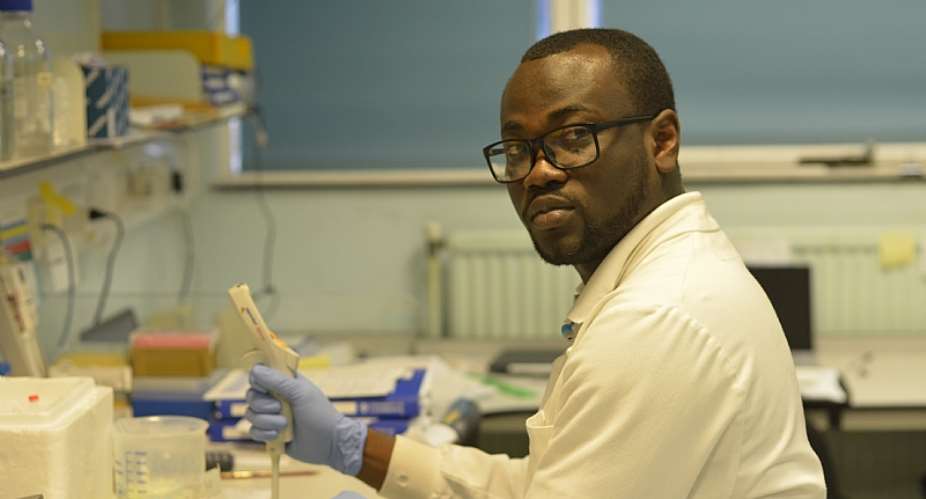Imagine someone leaves home and then comes back with flu or common cold symptoms. There is a good chance that the entire household will also catch the disease, albeit at different times with different intensities. Mostly because some of the members of the house may have a stronger immune system and are likely to not get it at all or will fight it off quickly once they get it.
On the other hand, those with a weaker immune system like the sick, aged and infants, will suffer prolonged periods of the disease which might even lead to near-fatal situations. The reality is that people will recover at some point although they will suffer a period of discomfort.
Now, what do you do when you have the flu?
1. Self-isolate as much as possible and seek a medical doctor's attention. DO NOT go to public places such as work or school but if you do, use a proper nose or face mask. Be mindful of the health of other people.
2. Cover your mouth and nose with a tissue or your arm when sneezing or coughing. Practice proper hygiene.
3. Wash your hands properly and frequently with soap and running water. In the absence of this, alcohol-based hand sanitizers are appropriate.
5. Eat properly and rest well.
What do you do when someone around you has the flu?
1. Isolate yourself from the person or avoid close contacts BUT YOU MUST GO TO WORK.
2. Wash your hands regularly with soap and running water. In the absence of this, use alcohol-based hand sanitizers.
3. Avoid touching your face.
4. It is advisable to take the flu vaccine unless it is not available.
These key practices, together with others that are outlined on the World Health Organisation's website ( https://www.who.int/ith/2020-24-01-outbreak-of-Pneumonia-caused-by-new-coronavirus/en/ ) and websites of other health-related institutions ( https://www.cdc.gov/coronavirus/2019-ncov/hcp/guidance-prevent-spread.html ) are very good in helping to protect ourselves and others from catching the flu.
Now, the 2019 Wuhan coronavirus (COVID-19) has already infected over 65,000 people across the globe and caused 1,666 deaths as of 15 February 2020. This virus causes a respiratory disease just like the flu but with slightly different symptoms. However, whatever I have written above for flu is very similar to that of COVID-19. Again, note that NOT everyone who catches the virus will die. In fact, a lot more people are recovering (85% of the infected persons have recovered), although that is not often highlighted in the News. Also, NOT everyone who comes into contact with the virus or infected persons will be infected. It is not that automatic.
Lastly, remember that fear and panic do no good to the immune system. Hence, my advice to the general public is that everybody should be calm and go about their daily activities, having in mind that infected people maybe around so the precautionary measures should be taken, most importantly those listed above. This shouldn't be only because of flu and COVID-19 but all other infectious diseases as well.
Remember, Health is Wealth
Sabastine Eugene Arthur,
Doctoral Researcher
Division of Virology, Department of Pathology
The University of Cambridge UK





 Former Kotoko Player George Asare elected SRC President at PUG Law Faculty
Former Kotoko Player George Asare elected SRC President at PUG Law Faculty
 2024 elections: Consider ‘dumsor’ when casting your votes; NPP deserves less — P...
2024 elections: Consider ‘dumsor’ when casting your votes; NPP deserves less — P...
 You have no grounds to call Mahama incompetent; you’ve failed — Prof. Marfo blas...
You have no grounds to call Mahama incompetent; you’ve failed — Prof. Marfo blas...
 2024 elections: NPP creates better policies for people like us; we’ll vote for B...
2024 elections: NPP creates better policies for people like us; we’ll vote for B...
 Don’t exchange your life for wealth; a sparkle of fire can be your end — Gender ...
Don’t exchange your life for wealth; a sparkle of fire can be your end — Gender ...
 Ghana’s newly installed Poland train reportedly involved in accident while on a ...
Ghana’s newly installed Poland train reportedly involved in accident while on a ...
 Chieftaincy disputes: Government imposes 4pm to 7am curfew on Sampa township
Chieftaincy disputes: Government imposes 4pm to 7am curfew on Sampa township
 Franklin Cudjoe fumes at unaccountable wasteful executive living large at the ex...
Franklin Cudjoe fumes at unaccountable wasteful executive living large at the ex...
 I'll 'stoop too low' for votes; I'm never moved by your propaganda — Oquaye Jnr ...
I'll 'stoop too low' for votes; I'm never moved by your propaganda — Oquaye Jnr ...
 Kumasi Thermal Plant commissioning: I pray God opens the eyes of leaders who don...
Kumasi Thermal Plant commissioning: I pray God opens the eyes of leaders who don...
